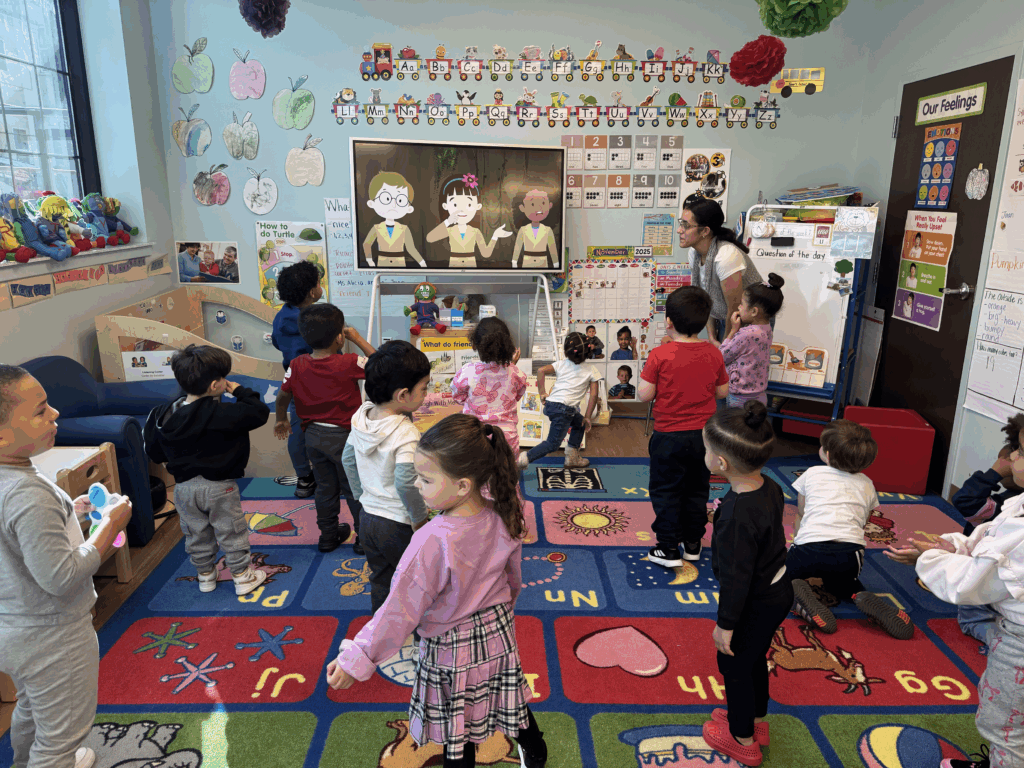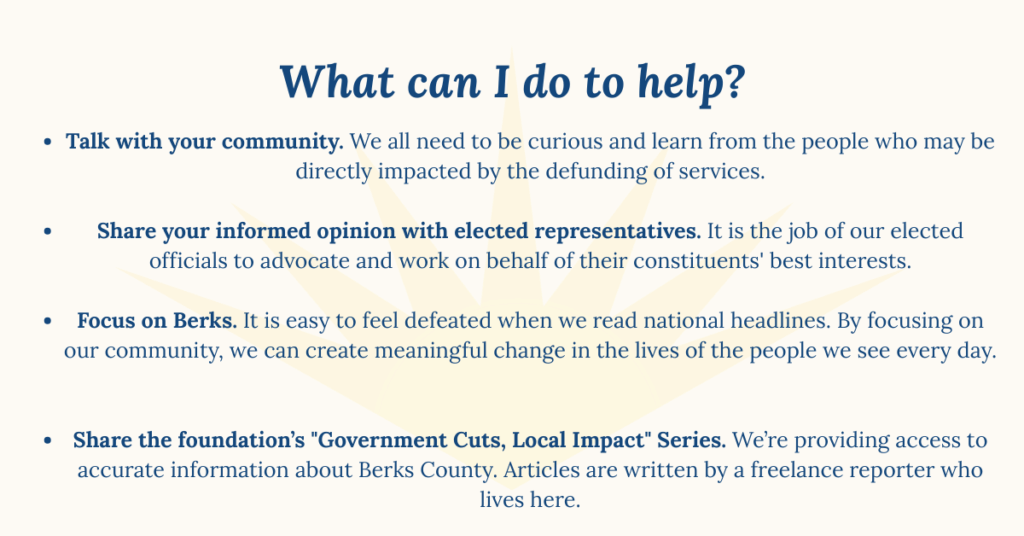by Susan Shelly McGovern

With a state budget finally signed into law and the federal government reopening on the same day last week, some Berks County public school administrators remain concerned about potentially lasting impacts caused by a lack of funding for more than four months.
Significant funding for school districts has been held up since July 1 due to a failure by Pennsylvania state legislators to agree on terms for the state’s FY2025-26 budget. Legislators finally reached an agreement on a $50.1 billion spending plan and Gov. Josh Shapiro signed it into law on Nov. 12.
On the same day, President Donald J. Trump signed a funding bill to reopen the federal government following a 43-day standoff in Congress.
While education leaders welcomed those events, there is uncertainty about when the delayed funding will reach them and concern about potential consequences of the interruptions to funding that forced some districts to take out loans and delay or cancel programming and school activities.
Federal Funding Concerns Remain
Wayne Gehris, chief financial officer of the Reading School District, is concerned about potential cuts to Medicaid that could affect ACCESS reimbursements to the district, totaling between $1.5 and $2 million a year.
That could impact health care coverage for some low-income students or those with disabilities.
He also worries that demand for free meals provided by Reading schools will increase due to uncertainties concerning SNAP benefits, which many students and their families rely on.
“Not all students rely on the free breakfast program, but a reduction or delay in SNAP funding may cause more students to participate,” Gehris wrote in response to a county-wide survey of school districts facilitated by the Berks County Intermediate Unit (BCIU).
Christian Lelllig, chief financial officer of the Daniel Boone Area School District, reported his district also has been affected by federal cuts and the shutdown of the government.
“Federal programs such as Title I, special education (IDEA) and school meal funding have experience delays in payments, which has created uncertainty for our budgeting and staffing,” Lellig said.
And Lucille Gallis, chief financial officer for the Berks County Intermediate Unit (BCIU), reported that Preschool Development Grant funding, which provides mental health supports for preschool and childcare centers across Pennsylvania, has been eliminated for fiscal year 2026.

State Impasse Affected Most Berks County Districts
While 53% of school districts that participated in the BCIU survey reported experiencing impacts from federal cuts and the government shutdown, 80% said they were negatively affected by the state budget impasse.
Many districts reported putting a hold on or limiting non-curricular and extracurricular expenditures, deferring non-critical maintenance, delaying purchasing and reducing programming.
Tim Matlack, superintendent of Antietam School District, said that field trips were cancelled and after school activities like the MATHCOUNTS competition are in jeopardy.
“It’s frustrating for the teachers and the kids and the parents,” Matlack said. “It’s been a frustrating time for everyone in education.”
Officials in districts that were forced to take out loans are concerned about interest they will need to pay, an unanticipated expense they do not expect to be reimbursed for.
Reading School District entered into a $90 million tax and anticipation note, advancing $10 million on Nov. 7 to pay salaries and other necessities. The BCIU has secured $17 million in loans and was in the process of obtaining another $10 million when the state budget passed.
Some districts that didn’t need to take out loans, including Muhlenberg School District, reported having to tap into reserved funding.
“We’re relying on what we have budgeted and our reserves, which means we’ll lose the interest we would have earned on those dollars,” said Dr. Joseph Macharola, Muhlenberg Superintendent.
And while a budget has finally been passed, it’s likely it will take some time for funding to trickle down to school districts and allow for normal operations.

Funding Cuts, Budget Delays and Government Shutdowns are Bad for Education
Even with the passing of the state budget and reopening of the federal government, educators and administrators remain on edge.
Pennsylvania has a history of budget delays, some of which have resulted in lengthy impasses, including one in 2015 and 2016 that lasted nine months.
That causes frustration among district officials, who work hard to get their budgets submitted to the state by June 30, as required.
The uncertainty associated with cuts and funding delays causes a high level of anxiety, which eventually can affect daily operations.
Lellig summed up the situation like this.
“Repeated budget cuts and delayed funding weaken the quality of public education by increasing class size, reducing programming and straining teachers and resources. Over time, these issues widen inequities between districts and harm student learning and overall outcomes,” Lellig wrote.
Dr. Khalid Mumin, superintendent of the Reading School District and former Pennsylvania Secretary of Education, noted that public education is experiencing a time of significant change, but will continue moving forward to serve students, families and communities.
“It’s like a cruise liner that has to keep moving forward, even though the seas are a little rocky,” Mumin said. “Education will keep moving forward and we’ll continue to serve the young people, who are our future.”








